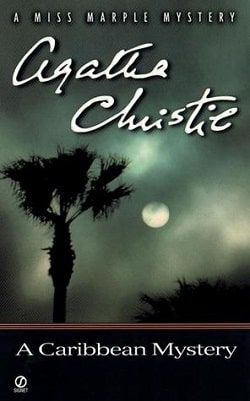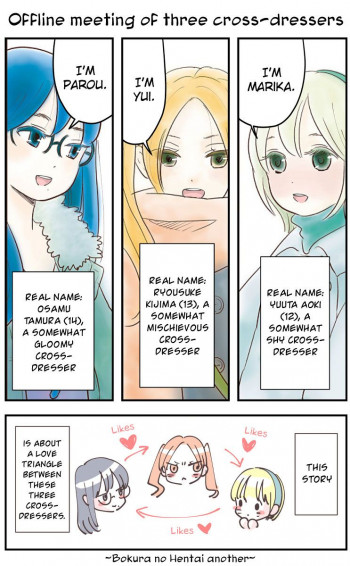Agatha Christie’s Caribbean Mystery, the tenth installment in the beloved Miss Marple series, transports readers to a sun-drenched paradise that belies the darkness lurking beneath its surface. Set against the backdrop of a luxurious Caribbean resort, the novel artfully combines the allure of a tropical escape with the intrigue of a classic whodunit, showcasing Christie’s unparalleled ability to weave suspense into seemingly idyllic settings.
The story begins with Miss Marple, a character who has become synonymous with keen observation and shrewd deduction, feeling a sense of discontent despite the beautiful surroundings. The warmth of the Caribbean sun may ease her rheumatism, but it also amplifies her yearning for intellectual stimulation. This theme of restlessness resonates deeply, as it reflects the human condition—how even in paradise, one can feel a lack of purpose. Christie masterfully captures this sentiment, making Miss Marple’s eventual engagement with a murder mystery all the more satisfying.
Miss Marple’s curiosity is piqued by the tales of a retired military man, Major Palgrave, who recounts a chilling story about a murderer he once knew. The narrative takes a sharp turn when the Major is abruptly interrupted before he can reveal a photograph that could hold the key to the mystery. This moment is pivotal, as it sets off a chain of events that leads to the Major’s untimely death, leaving Miss Marple to piece together the fragments of a story that may be more than just a figment of the Major’s imagination.
Christie’s character development shines through in this novel, particularly in the portrayal of Miss Marple herself. She is not merely a passive observer; rather, she embodies the archetype of the astute detective who relies on her understanding of human nature to solve crimes. Her interactions with other characters, including the various guests at the resort, reveal her sharp wit and perceptive insights. Each character is meticulously crafted, from the enigmatic guests to the seemingly innocuous staff, all of whom contribute to the rich tapestry of the narrative.
Thematically, Caribbean Mystery delves into the complexities of memory and perception. The photograph that the Major possesses becomes a symbol of the elusive nature of truth. As Miss Marple navigates through layers of deception and half-truths, readers are invited to ponder the reliability of memory and the ways in which it can be manipulated. Christie’s exploration of these themes adds depth to the narrative, elevating it beyond a simple murder mystery to a commentary on the human experience.
Moreover, the setting itself plays a crucial role in the story. The Caribbean, often romanticized in literature, serves as a stark contrast to the grim reality of murder. Christie’s vivid descriptions of the landscape—the azure waters, the vibrant flora, and the languid pace of island life—create a captivating atmosphere that draws readers in. Yet, this beauty is juxtaposed with the sinister undertones of the plot, reminding us that darkness can lurk in the most unexpected places.
As the plot unfolds, Christie expertly maintains suspense, leading readers through a labyrinth of clues and red herrings. The pacing is deliberate, allowing for moments of reflection and tension to coexist. Miss Marple’s methodical approach to solving the mystery mirrors the reader’s own journey of discovery, as we piece together the clues alongside her. Christie’s skillful manipulation of narrative structure keeps readers engaged, ensuring that the resolution is both surprising and satisfying.
In comparison to other works within the genre, Caribbean Mystery stands out for its unique setting and the way it intertwines the themes of isolation and community. While many detective novels take place in urban environments or secluded estates, Christie’s choice of a tropical resort adds an intriguing layer to the narrative. This setting allows for a diverse cast of characters, each with their own secrets and motives, reminiscent of the ensemble casts found in works by authors like Agatha Christie’s contemporary, Dorothy L. Sayers, or even modern mystery writers like Tana French, who also explore the intricacies of human relationships within their plots.
Ultimately, Caribbean Mystery is a testament to Agatha Christie’s enduring legacy as the Queen of Mystery. Through the lens of Miss Marple, readers are invited to engage with the complexities of human nature, the fragility of memory, and the ever-present potential for darkness in even the most beautiful of places. The novel is not just a mystery to be solved; it is a reflection on life’s uncertainties and the quest for truth amidst chaos.
In conclusion, Caribbean Mystery is a captivating read that will appeal to both longtime fans of Miss Marple and newcomers to Christie’s work. Its rich themes, well-developed characters, and masterful plotting make it a standout entry in the series. As Miss Marple unravels the mystery, readers are reminded of the power of observation and the importance of understanding the human psyche. This novel is a delightful escape into a world where the sun shines brightly, but shadows linger just out of sight.
























Reviews 0
Post a Reviews: